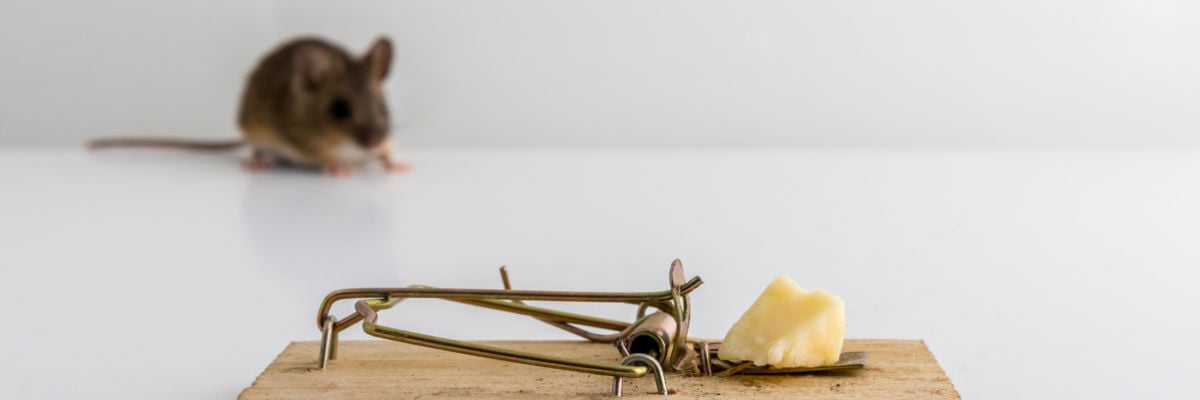
Joe Heschmeyer answers a question about concupiscence. He discusses ways to distinguish temptations from sinful desire and action.
Transcript:
My question is about concupiscence. I was just recently listening to Jimmy Akin and Jordan Cooper, the Lutheran. I come from a conversion of evangelical, worked to my way up studying others than just Baptist and Calvinist and Anglican looking at Lutherans. And then I came back to my roots – I was baptized as a Catholic – and I’m looking at, because all of a sudden I’m so close to becoming fully Catholic. I just had a question about that. It was a little discussion on Pints of the Aquinas about concupiscence and how is it a desire to sin is sinful if it’s not acted out. That’s what Jordan Cooper is saying. And therefore the Catholic view of concupiscence is false because Catholicism says that concupiscence is sin. And that’s just if there’s some difference or…
All right, Joe, go ahead.
We can make a nuanced distinction here to show that Cooper’s position is it misses the mark. Concupiscence is what we use to describe the fact that we are inclined towards sin, that as a result of original sin, all of us are tempted to do things that are not in our own benefit, that they are going to be things that hurt ourselves, our neighbor, our relationship with God. So we have sinful desires.
But if that was itself automatically a sin, then there’s really very little use in even having the spiritual life where you resist temptation because the mere fact you got tempted means you already lost. And so you already lost the fight by the mere fact that you’re in the fight. So the temptation itself is not a sin. Like when Jesus is tempted in the desert, that’s not concupiscence, but there is temptation. That’s not a sin on Jesus’s part.
Calvin in institutes, when he’s talking about Christ in the Garden of Gethsemane, seems to impute something like concupiscence to him. That’s totally wrong. And Jesus doesn’t sin, obviously. And so that is a bad understanding of the spiritual life. What the glimmer of truth is, is there’s another thing that gets conflated with concupiscence, which is sometimes called delectation, where you delight in the temptation itself. So a temptation crosses your mind and you kind of flirt with it. You entertain it. You know, maybe you’re married and some very attractive person puts some moves on you. And you, of course, are going to say no, but you’re also like, “I feel pretty darn good about that.” Delighting in the temptation can be sinful. But at the heart of this is something really clear as a principle. Every sin involves the human will. It’s you did something you shouldn’t have done or you didn’t do something you should have done. Something you don’t will is never sinful. And you being tempted against your will is an example of your will not being involved and therefore by definition not a sin unless you desire to play with it.
Hey, thanks for watching. If you like this Catholic answer, be sure to like, subscribe, and check out our live streams Monday through Friday, 3 to 5 p.m. Pacific, or find the episode after on YouTube, your favorite podcast platform, or our Catholic Answers app.



